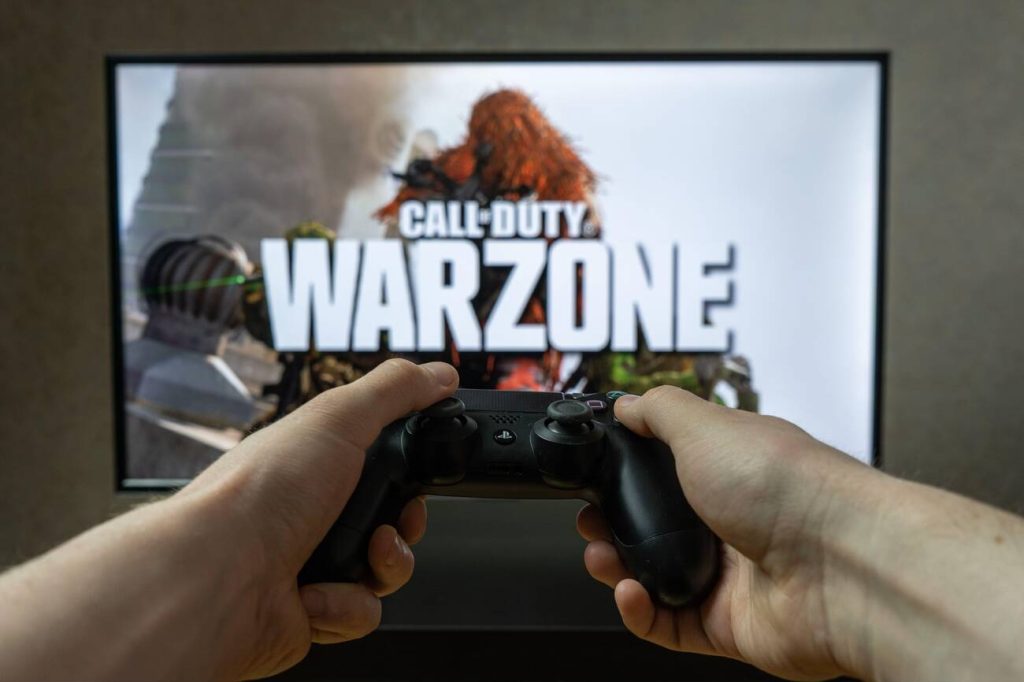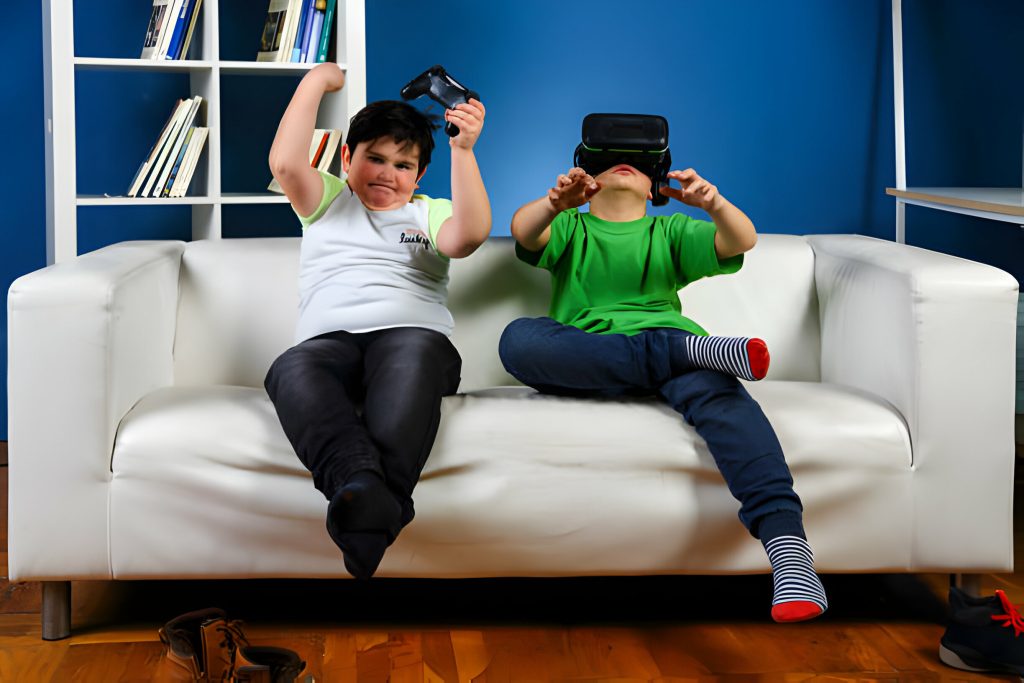Video gaming is an exciting and anytime during the day activity for young people, especially during holidays. It is even more enjoyable when two kids compete against each other or as a team, as it brings out a lot of mental and physical engagement to make one stand out against the rest. This kind of multiplayer gaming can be conducted from the same device and simultaneously, either locally or from different locations, using the internet.
As kids love to play with each other, video gaming, as many players, has become more popular than playing individually, which they consider boring. There is a false theory that gaming contributes to bad behavior and negative growth of knowledge and skills. However, gaming involves the whole body contributing towards the successful completion. Hence, this multiple playing for kids comes with many other benefits besides the fun and winning. Playing contributes a lot to the child’s mental, physical, social, and academic growth.
This blog will help you understand how gaming with other kids can help your child grow positively by gaining skills that will come in handy on their journey to adulthood. Keep reading.
5 Positive Gaming Skills That Benefit Kids
Let’s look at how your kids will benefit from gaming with other kids of the same age within your home or across the world through the internet.
Working Together as a Team
When kids play in groups, they all strive to contribute individually to the game’s success. Each kid is given a task to enable the other kids to achieve a common objective. That is the definition of teamwork, where everyone is engaged to the fullest of their abilities towards achieving the end game goals. Hence, the individual player or kids must work as hard to conquer and complete the mission.
A good example is the Overwatch game, where kids in a team are expected to perform their assigned tasks and ensure they are well carried out to win. This game requires the kids to be in touch with each other, develop a game plan that will give them a win and have trust in their teammates.
Minecraft is another example that tops the list of the best survival servers where players combine their efforts and construct structures that will outstand their enemies while making their virtual city self-reliant. This game teaches kids the importance of working together to defeat their enemy through strategic planning and execution of greater ideas than what they would have achieved individually.
Enhances the Growth of Arithmetic Skills
Some games involve the kids’ abilities to compute time resources and determine what quantities of different resources are required to complete a task. That requires the kid to be highly skilled in recognizing numbers and working out simple arithmetic as fast as possible. For games that require building structures, handling different materials with different shapes and lengths is critical to achieving success.
Minecraft is an excellent example of such a multiplayer game that engages kids’ knowledge of their arithmetic skills in defining shapes and dimensions in order to build the houses they envision. Hence, it motivates them to learn mathematics concepts that will help them in gaming.
Adapting to Challenges
Playing with other kids allows your kid to meet different environments with different challenges every other time a new game begins. This is brought about by the mixed gaming settings and features chosen as a team. Each player is required to be conversant with each challenge and learn how to overcome them. While every game is expected to have sudden changes and setbacks, learning how to overcome them is the game’s ultimate challenge.
An example of a game that requires the child to be adaptive and resilient is the Fortnite game, where players find themselves in new environments with scarce resources and have to defeat their opponents. In addition, to win against their opponents, they must adapt as fast as possible to the new environment.
Problem-Solving Skills
Multiple gaming requires children to think and make decisions before executing their moves, as it will determine their failure or success. Kids have the opportunity to develop this skill early and become fast thinkers later in life.
In the process, they also learn that their choices in life have consequences and every decision matters. Hence, they also learn the skill of solving problems by analyzing the environment and thinking outside the box.
When they are faced with minimal resources, they learn to allocate them to their maximum use and benefits. It also requires them to take risks they can afford in order to achieve the best results by evaluating the best possible outcomes.
Social Interaction Skills
Finally, multiplayer gaming requires kids to form groups and compete with other groups. Each group is made up of children from different backgrounds, including culture, lifestyle and location. For every child to blend in with the team without hesitations, they must each learn how to appreciate their differences and use them to their advantage.
That motivates the young children to join different online gaming communities and learn their ways of life, which helps develop their social skills, including respect for race, opinions and cooperation. In addition, multiple gaming inspires kids to one day compete in physical sports with opponents from different parts of the country when they grow up.
Conclusion
Gaming is a favorite activity for kids and should be encouraged by parents who don’t want to foresee their kids engaging in odd activities. Multiple gaming has many advantages, allowing kids to learn various skills for personal growth and development. These include mathematical, social, problem solving and analytical skills. Hence demystifying the theory that gaming is harmful for your children.










